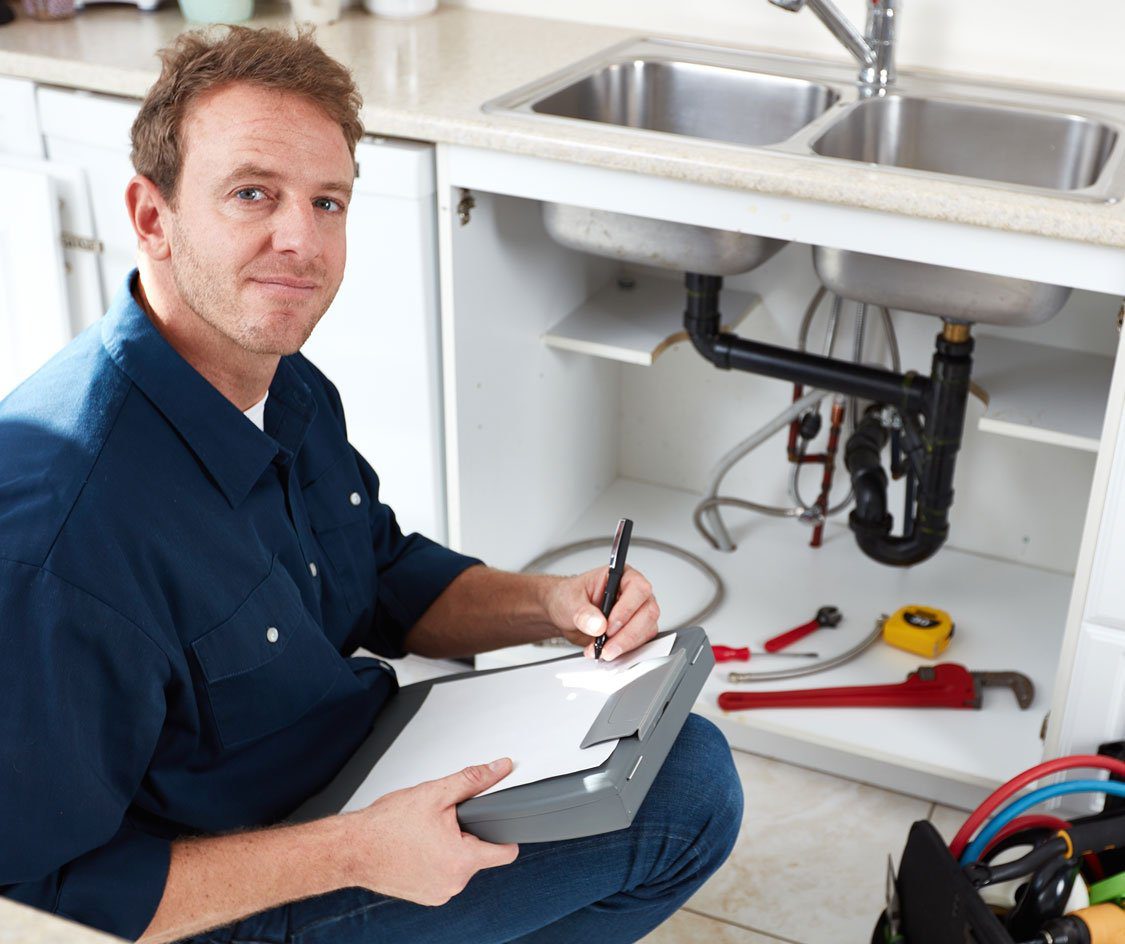First, always use reputable licensed plumbers for any work you need to be done at your home or office like Plumbing Solutions, based in Beaumont, Texas. Plumbing stoppages, commonly known as clogs or blockages, can be a significant nuisance in any household. Dealing with a backed-up sink, toilet, or shower drain is not only inconvenient but can also lead to costly repairs. Fortunately, there are proactive steps you can take to prevent plumbing stoppages and keep your plumbing system running smoothly. In this guide, we’ll explore various tips and strategies to help you avoid common plumbing issues.
Preventing Plumbing Stoppages by the Plumbers at Plumbing Solutions in Beaumont, Texas.
Mindful Disposal Practices: One of the primary causes of plumbing stoppages is the improper disposal of waste. Avoid flushing non-flushable items such as wipes, sanitary products, and paper towels down the toilet. In the kitchen, use a sink strainer to catch food particles and avoid pouring grease or oil down the drain, as they can solidify and cause blockages.
Regular Drain Maintenance: Implement a routine drain maintenance schedule to prevent the buildup of debris and sediment. Use a natural or commercial drain cleaner to break down any potential clogs. Additionally, flushing hot water down drains periodically can help dissolve accumulated grease and soap scum.
Install Hair Catchers: Hair is a common culprit in shower and bathroom sink clogs. Install hair catchers or screens over drains to trap hair and prevent it from accumulating in pipes. Regularly clean these catchers to maintain their effectiveness.
Be Mindful of Outdoor Drainage: Ensure that outdoor drains and gutters are free from debris like leaves and twigs. Regularly clean these areas to prevent blockages that could lead to water backup and potential damage.
Tree Root Prevention: Tree roots can infiltrate underground pipes, causing significant blockages. If you have trees near your plumbing lines, consider consulting with a professional to assess the risk and take preventive measures, such as installing root barriers.
Educate Household Members: Ensure that everyone in your household is aware of proper disposal practices and understands the importance of preventing plumbing stoppages. Educate family members on what can and cannot be flushed or poured down drains.
Upgrade Plumbing Fixtures: Consider upgrading to low-flow toilets and efficient plumbing fixtures. These fixtures use less water and can reduce the likelihood of clogs. Additionally, they contribute to water conservation efforts.
Professional Inspections: Schedule regular professional inspections of your plumbing system. Plumbers can identify potential issues before they become major problems. Professional cleaning services, such as hydro-jetting, can also be employed to clear out stubborn blockages.
Avoid Chemical Drain Cleaners: While tempting, chemical drain cleaners can be harsh on pipes and may not effectively eliminate all types of clogs. Consider alternative methods, such as enzymatic or natural drain cleaners, to break down blockages without damaging your plumbing.
Proactive Repairs: If you notice slow drains or hear unusual sounds in your plumbing system, address the issue promptly. Proactive repairs can prevent minor problems from escalating into major stoppages.
Conclusion: Preventing plumbing stoppages requires a combination of mindful practices, regular maintenance, and occasional professional assistance. By adopting these preventative measures, you can keep your plumbing system functioning efficiently, saving both time and money in the long run. Remember that a proactive approach to plumbing maintenance is key to a hassle-free and smoothly-running household. Call a licensed plumber in Beaumont, Texas at Plumbing Solutions.
Call the expert plumbers at Plumbing Solutions at 409-840-5511 for all your plumbing, backflow, and natural gas services including inspections.
Frequently Asked Questions
What services do plumbers typically offer?
A: Plumbers offer a variety of services, including fixing leaks, unclogging drains, repairing or installing pipes, handling water heater issues, and addressing plumbing emergencies.
When should I call a plumber for a leak?
A: Call a plumber immediately if you notice any water leaks. Timely intervention can prevent water damage and more extensive repairs.
How do I choose the right plumber for my needs?
A: Consider factors such as licensing, experience, customer reviews, and availability. Ensure the plumber has the expertise to handle your specific issue.
Are plumbers available for emergencies?
A: Yes, many plumbers offer emergency services 24/7. They can address urgent issues like burst pipes, severe leaks, or overflowing toilets.
Why is it important to hire a licensed plumber?
A: Hiring a licensed plumber ensures that the individual has undergone proper training, adheres to safety standards, and is legally permitted to perform plumbing work.
How can I prevent plumbing issues at home?
A: Regular maintenance, avoiding putting non-flushable items down toilets, using drain screens, and addressing minor issues promptly can help prevent major plumbing problems.
What should I do if my drain is clogged?
A: Attempt to use a plunger or a drain snake. If unsuccessful, it’s time to call a plumber. Avoid using chemical drain cleaners, as they may damage pipes.
How often should I schedule plumbing maintenance?
A: Annual plumbing maintenance is generally recommended to identify and fix potential issues before they become major problems.
What are the signs of a plumbing emergency?
A: Signs include burst pipes, sewage backup, sudden loss of water pressure, and flooding. In such cases, contact a plumber immediately.
Do plumbers provide cost estimates before starting a job?
A: Reputable plumbers typically offer cost estimates based on the nature of the job. It’s advisable to get quotes in writing and discuss any potential additional costs.
Are plumbers equipped to handle water heater issues?
Yes, plumbers are trained to repair and install water heaters. They can address issues like leaks, lack of hot water, or strange noises coming from the water heater.
How can I maintain my plumbing system between professional visits?
Avoid flushing non-flushable items, keep an eye out for leaks, and promptly address minor issues. Regularly inspect visible pipes for signs of corrosion or damage.
Remember, if you have specific concerns or encounter plumbing problems, it’s always best to consult with a professional plumber for personalized advice and assistance.
